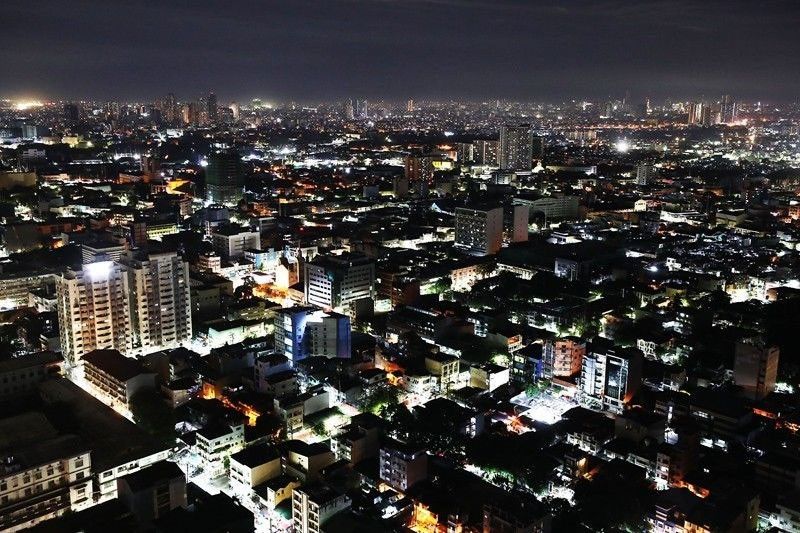
The real estate industry is also dependent on foreign investments. REBPH hopes that 2021 will be an excellent year to affect the entire real estate ecosystem – from developers to clients and back-office support, including construction workers.
MANILA, Philippines — The Philippines is yet to fully convince foreign investors to come back and bet on the economy, continuing to shy away from uncertainties brought by the health crisis and state restrictions that disrupted normal course of business.
Inside economic zones that offer tax perks, approved foreign investments sank 83% year-on-year to P31.04 billion in third quarter, according to data from the Philippine Statistics Authority released Thursday.
There are some signs of slow return, however, as last quarter’s foreign pledges marked the largest quarterly inflow so far this year, more than doubling from a low of P15.46 billion the previous quarter.
But in the same day, another set of central bank data showed disappointing investment figures, this time at a broader scale. Net foreign direct investment (FDI) inflows plunged 14.3 on-year to $523 million in September, the first contraction in 4 months.
From January to September, net FDI inflows dropped 8.6% year-on-year to $3.8 billion. BSP projects FDI to register a net inflow of $4.1 billion this year, which if realized, would mark the third straight year of decline under the Duterte administration.
Unlike investment pledges in ecozones, net FDI represents actual inflows from foreign firms that choose to establish permanent presence at home. These inflows captured by Bangko Sentral ng Pilipinas (BSP) represent a wider set of activities than that released by PSA which only includes developments inside six ecozones that entice investors with incentives such as income tax holidays and zero Customs duties.
What makes the two types of inflows similar however is how they tend to generate jobs and provide livelihood for Filipinos. Inside ecozones alone, foreign projects funded by these investments were estimated to generate 75,479 jobs from January to September, albeit down 11.7% from year-ago levels.
BSP did not provide a similar data but it tried to explain what prompted the fresh contraction in net FDI, which prior to September, were thought to be on track to a complete turnaround from an early slump from February to April. Instead, the central bank said fresh lockdowns in Metro Manila and neighboring areas in early August had a lagged negative effect.
“(It) may have dampened investor sentiment on prospects of the economy’s re-opening,” the agency said.
Equity inflows up, reinvestments down
Breaking down the FDI inflows, BSP report showed reinvestment earnings dipped 19.7% annually to $62 million in September. For the first 9 months, these inflows amounted to $639 million, down 20.5% on-year.
BSP data also showed that investments in debt instruments shrank 14.3% year-on-year to $423 million. These placements represented borrowings of foreign companies here from their headquarters abroad to fund operations here.
From January to September, debt placements sank a faster 22% from last year to $3 billion.
Partially offsetting these declines were a rise in equity FDI, essentially new long-term investments that the Philippines would want to attract to generate more jobs. In September alone, equity inflows rose 2.5% to $99 million and up a bigger 85.2% in 9 months to $1.12 billion, largely because of pre-pandemic investments in January and February.
By country source, the bulk of equity investments originated from the Netherlands, Japan and Singapore and the US. By sector, manufacturing, real estate and financial and insurance industries were top beneficiaries.
#realestateblogph | #realestateblogphpropertynews | #REBPH | #realestate | #foreigninvestments | #realestateinvestments
Article and Photo originally posted by Philippine Star last December 10, 2020 8:58pm and written by Ramon Royandoyan. Minor edits have been made by REBPH to cater to its own readers.







More Stories
Vista Land Celebrates 50 Years with Sandiwa: An Event Honoring Leadership, Legacy, and the Filipino Dream of Homeownership
Vista Land Celebrates Love Month in Ilocos Region
Vista Land Bridges Cebuano Heritage and Progress with Valencia by Vista Estates